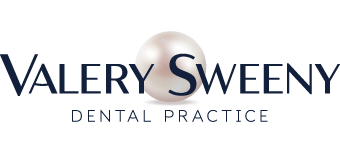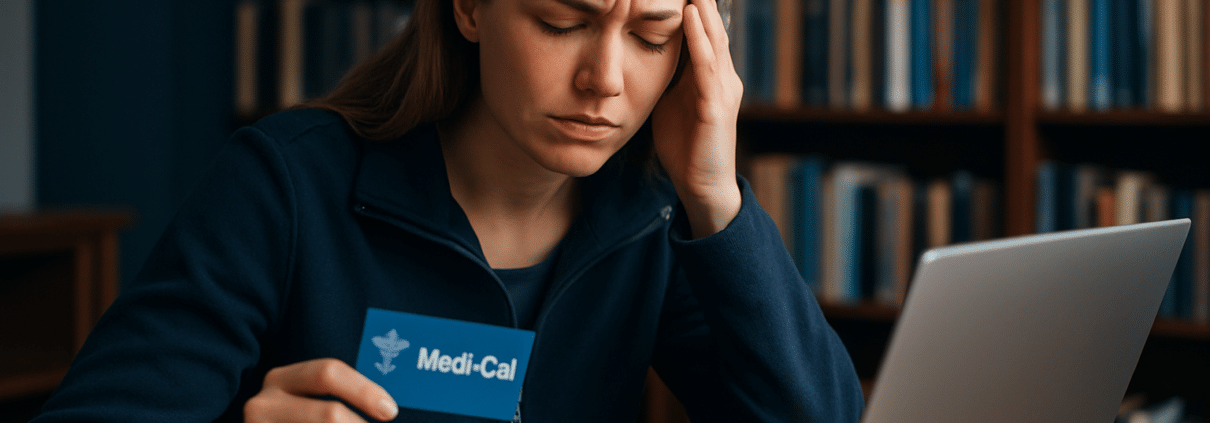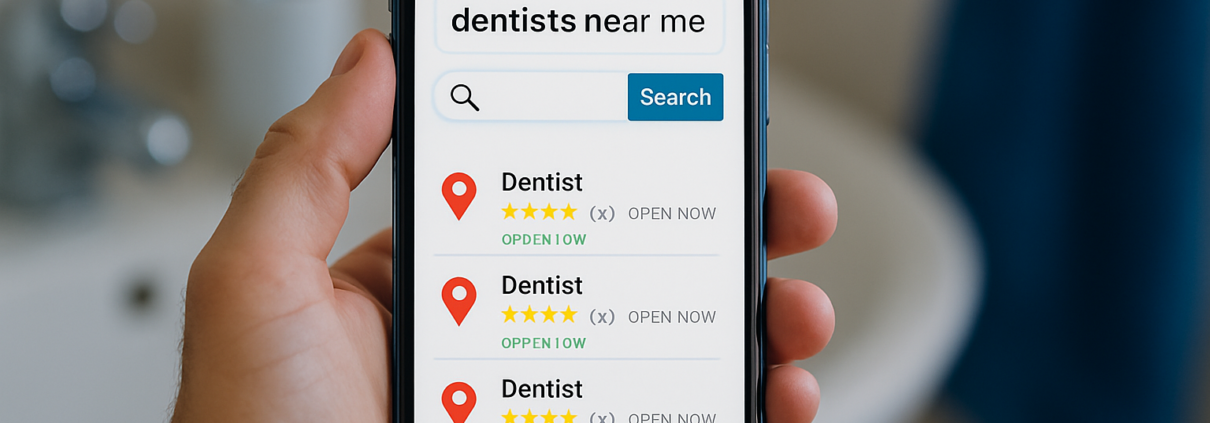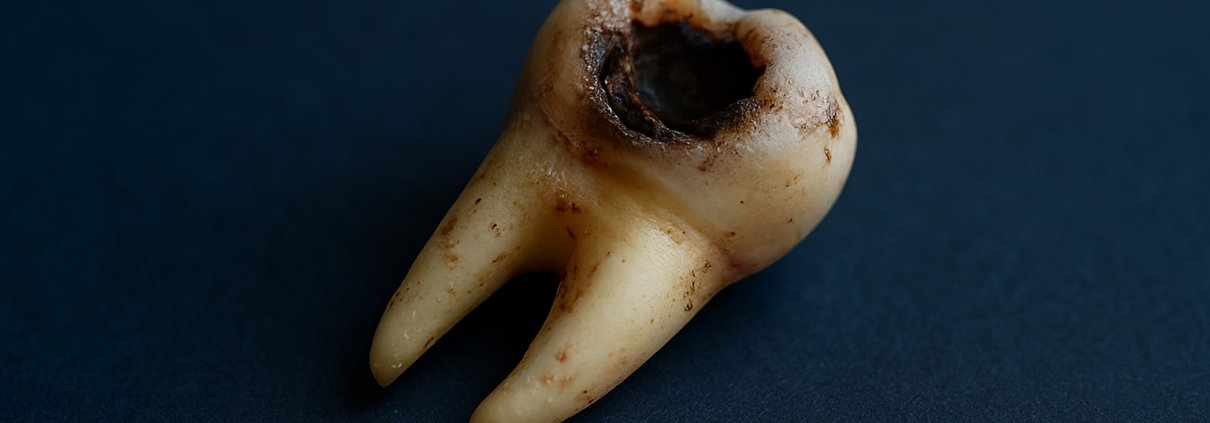Trying to find a dentist near me that accept Medi-Cal shouldn’t feel like decoding ancient hieroglyphics. Yet for many Californians, it’s exactly that—a confusing maze of outdated directories, unanswered calls, and dental offices that only take Medi-Cal “for kids”. Sound familiar?
If you’re covered by Medi-Cal and just want to take care of your teeth without jumping through bureaucratic hoops, this guide is your shortcut. We’ll break down where to look, what to ask, and how to sidestep common frustrations when booking dental care under California’s public insurance program.
TLDR – Quick Guide
- Medi-Cal covers a wide range of dental services through the Denti-Cal program.
- Not every dentist accepts Medi-Cal—and those who do may have limited availability.
- Online tools, local clinics, and specific directories are your best friends.
- Practices like Valery Sweeny, DDS provide transparency on coverage, payment, and patient options.
Detailed Breakdown: Finding a Dentist Near Me That Accept Medi-Cal
What Is Denti-Cal?
Denti-Cal is the dental arm of Medi-Cal. It covers services for both children and adults, including:
- Exams and x-rays
- Teeth cleanings
- Fillings and crowns
- Extractions and root canals
- Dentures
- Some emergency dental services
In 2018, California reinstated adult dental benefits under Medi-Cal—so yes, adults are covered now too.
Step-by-Step: How to Find the Right Dentist
1. Use the DHCS Provider Directory
Start with the Medi-Cal Dental Provider Directory. You can filter by ZIP code, language, and whether they’re accepting new patients.
Note: Call to confirm. Listings are not always up to date.
2. Call Medi-Cal Directly
If you’re enrolled and need help, call the Denti-Cal Customer Service line at 1-800-322-6384. They can help you locate dentists near you that currently accept new patients.
3. Search via Federally Qualified Health Centers (FQHCs)
Many community clinics and health centers accept Medi-Cal for dental services. These include:
- LA County Department of Health Services clinics
- AltaMed
- Northeast Valley Health Corporation
They often serve a high volume of Medi-Cal patients and are accustomed to navigating the paperwork.
4. Ask Your Local Pharmacy or Pediatrician
Sounds low-tech, but your neighborhood providers often know which dentists reliably accept Medi-Cal and which ones… don’t.
5. Use Search Smartly
Instead of just typing “dentist near me,” type “dentist near me that accept Medi-Cal”. Then filter the Google results by looking for clinics or health centers, not just private practices.
What to Ask Before Booking
So you’ve found a dental office that claims to accept Medi-Cal. Now what?
Ask these upfront:
- Do you currently accept new Medi-Cal/Denti-Cal patients?
- Are all services covered under Medi-Cal or just basic treatments?
- What’s the typical wait time for an appointment?
- Do you offer Saturday or after-hours care?
If they hesitate or can’t give you clear answers, it might be a red flag.
What to Expect With Medi-Cal Dental Coverage
The Good:
- Most preventive and basic treatments are covered.
- You’re entitled to two cleanings per year.
- Emergency procedures are included.
The Challenges:
- Some cosmetic or advanced procedures (like implants) may not be covered.
- Wait times can be longer at high-volume clinics.
- Not all private practices are open to Medi-Cal patients.
Spotlight: Quality Medi-Cal Dental Care in LA
Clinics like Valery Sweeny, DDS, located in Silver Lake, offer personalized dental care and are transparent about insurance coverage—including Medi-Cal options. They’re a great example of how private practices and public insurance can work well together when communication is clear.
Key Takeaways
- Finding a dentist near you that accepts Medi-Cal is absolutely possible—just not always straightforward.
- Start with official directories, but verify directly by phone.
- Federally qualified clinics and health centers are often your best bet for quick access.
- Ask clear, specific questions before booking to avoid surprise billing or treatment confusion.
- Quality care under Medi-Cal does exist—you just need the right roadmap.
FAQs
Can adults on Medi-Cal get dental care?
Yes. Adults have access to cleanings, exams, fillings, root canals, and more under the Denti-Cal program.
Why is it hard to find a Medi-Cal dentist?
Low reimbursement rates and high administrative burdens mean many private dentists don’t participate. But clinics and health centers do.
Are emergency dental visits covered under Medi-Cal?
Yes, including extractions and pain-related services. Always check with the provider first.
Can I change dentists if I’m on Medi-Cal?
Absolutely. You can switch providers by updating your records with Medi-Cal or Denti-Cal Customer Service.
Are braces or Invisalign covered by Medi-Cal?
Only in cases where it’s deemed medically necessary, and typically for patients under 21.
Let’s face it—no one wakes up excited to type “dentists near me” into Google. But the surge in local dental searches says otherwise. People aren’t just looking for convenience anymore—they’re looking for trust. Whether it’s for a cracked crown, overdue cleaning, or an overdue emergency, finding the right dentist in your area is now a high-stakes decision.
This guide breaks down why searches for dentists near me are booming, and more importantly, how to filter out the fluff and choose a provider who actually delivers.
TLDR – Quick Guide
- Google searches for “dentists near me” have spiked as more patients prioritize accessibility, trust, and real-time reviews.
- The top traits people are seeking: reputation, range of services, modern equipment, and personalized care.
- Not all local listings are created equal—do your homework before booking.
- In Los Angeles, top-tier providers like Valery Sweeny, DDS offer comprehensive dental solutions backed by experience and stellar reviews.
Detailed Breakdown: The “Dentists Near Me” Boom
Why Are So Many People Searching?
- Post-Pandemic Bounce-Back:
After COVID delays, people are finally resuming dental visits—often discovering they need more than just a cleaning. - Emergency Surprises:
Tooth pain waits for no one. When something urgent hits, “dentists near me” becomes your most valuable search term. - Relocation & Insurance Shifts:
Moving to a new city or switching dental plans? Local search becomes the fastest route to finding in-network care. - Digital Natives Want Instant Results:
Consumers expect dental searches to function like food delivery: quick, local, and personalized.
What to Look For in a Local Dentist
Searching for dentists near me is only half the battle. Choosing wisely is where it counts. Here’s what separates the good from the mediocre:
1. Google Reviews and Ratings
If a practice has 4.7+ stars across 200+ reviews, that’s a strong trust signal. Look for feedback on bedside manner, wait times, and how the office handles insurance.
Pro Tip: Sort reviews by “Most Recent” to get a real-time pulse on patient experience.
2. Comprehensive Service Offerings
From cosmetic veneers to root canals, the best dentists near you aren’t just clean-and-check providers—they’re oral health partners. You shouldn’t have to bounce between offices for every issue.
3. Modern Technology
Digital x-rays, Invisalign®, same-day crowns—if a dental office isn’t investing in the latest tech, your mouth might be getting yesterday’s care.
4. Transparent Pricing and Insurance Handling
Nobody loves a surprise bill. Choose a dentist who’s clear about costs and works with your insurance or offers financing.
5. Comfortable, Clean Vibes
The best dental clinics feel more like wellness lounges than medical units. If the waiting room looks like it hasn’t been updated since 1994, that might reflect the treatment too.
What Makes Valery Sweeny, DDS a Top Result in LA
Practices like Valery Sweeny, DDS stand out for a reason:
- Location: Centrally based in Silver Lake—accessible, walkable, and close to major LA neighborhoods.
- Experience: Dr. Sweeny has been treating LA smiles since 1995.
- Range: From teeth whitening to wisdom tooth extraction, it’s a one-stop shop.
- Patient-First Philosophy: Clear communication, no upselling, and a staff that knows your name.
Key Takeaways
- Searches for “dentists near me” are driven by convenience, emergencies, and trust.
- Reading recent reviews, confirming services, and checking insurance compatibility are must-dos.
- The best dental practices prioritize tech, comfort, transparency, and long-term patient relationships.
- In LA, Valery Sweeny, DDS offers a stellar example of what to look for in a local dentist.
- Don’t let proximity be your only filter—quality still matters.
FAQs
How do I know if a local dentist is reputable?
Check verified reviews on Google, Yelp, and Healthgrades. Look for consistent praise on communication, cleanliness, and treatment success.
Should I only pick a dentist based on distance?
No. While proximity is convenient, prioritize quality of care, services offered, and whether they accept your insurance.
Are walk-in dentists reliable?
Some are, especially for emergencies. But for long-term care, it’s better to establish a relationship with a dentist who understands your dental history.
How often should I visit a local dentist?
Twice a year for checkups is standard. But if you have gum issues, chronic conditions, or dental anxiety, more frequent visits may be necessary.
What should I bring to my first dental appointment?
Bring your ID, insurance info, list of medications, and any previous dental records if available.
Let’s get one thing straight: a decayed tooth falling out is not normal for adults. This isn’t losing a baby tooth. If your tooth just pecked out of your mouth, there’s a deeper issue at play—and it’s one that requires attention, not avoidance.
Tooth loss due to decay signals advanced dental problems, often the end result of untreated cavities, gum disease, or trauma. This post breaks down what it really means when a decayed tooth fell out in adults, what you should do immediately, and how to protect the rest of your smile from the same fate.
TLDR – Quick Guide
- A decayed tooth falling out is typically the result of severe tooth decay or advanced periodontal disease.
- Ignoring the issue can lead to infections, bone loss, and more tooth loss.
- Immediate steps include rinsing, storing the tooth (if salvageable), and contacting a dentist.
- In LA, clinics like Valery Sweeny, DDS specialize in restorative dental care and emergency treatments.
Implementation Tactics: What to Do When a Decayed Tooth Falls Out
1. Don’t Panic, But Don’t Wait
Stay calm. This isn’t a DIY situation. Delaying treatment can worsen the damage. If the tooth came out with some root attached, you might be dealing with an infection risk. If it broke apart, that’s even more cause for an urgent dental visit.
2. Rinse and Inspect
Rinse your mouth gently with warm salt water to cleanse the area. Check for bleeding, swelling, or fragments left behind. These clues will help your dentist understand what happened.
3. Save the Tooth—Maybe
If the tooth is whole and clean, place it in a container of milk or saline. This might help preserve it for potential reimplantation—but let’s be real, if the decayed tooth fell out in adults, it’s likely unsalvageable. Still, bring it to your dentist so they can assess the damage properly.
4. Call Your Dentist Immediately
Even if you’re not in pain, a missing tooth is a red flag. Your gums and bones are now exposed and vulnerable. Dentists like Valery Sweeny, DDS in Silver Lake can determine whether the area needs cleaning, a root canal, or a replacement option like an implant or bridge.
Common Reasons a Decayed Tooth Falls Out in Adults
Severe Tooth Decay
Advanced decay eats away at the enamel and dentin, reaching deep into the root. Eventually, the structural integrity of the tooth fails.
The CDC reports that 26% of adults aged 20–64 have untreated tooth decay.
Advanced Gum Disease
Known as periodontitis, this infection of the gums and bone can loosen teeth until they fall out. Swollen, bleeding gums and chronic bad breath are common warning signs.
Trauma
An already weakened or infected tooth can be knocked out with minimal force, like biting into something hard or during a minor fall.
Abscess or Infection
Untreated decay can lead to a tooth abscess—a pus-filled infection that can eat away the bone and surrounding tissue, leading to tooth detachment.
Treatment Options After Tooth Loss
- Dental Implants: The most permanent and natural-feeling solution.
- Bridges: A non-surgical option to fill the gap.
- Dentures: For those with multiple missing teeth.
- Bone Grafting: If bone loss occurred, this may be necessary before implants.
Your dentist will tailor a treatment plan based on your oral health, budget, and long-term needs.
Prevention is Still the Best Strategy
Losing a tooth isn’t a rite of passage—it’s a sign that oral care has hit a crisis point. The best way to avoid this situation altogether?
- Brush twice daily and floss at least once.
- Get dental checkups every 6 months.
- Treat cavities and gum issues early.
- Skip the tobacco and limit sugary snacks.
- Don’t delay cleanings or minor procedures.
Key Takeaways
- A decayed tooth falling out is a dental emergency, not something to shrug off.
- Adults experiencing tooth loss due to decay often face underlying issues like gum disease or untreated cavities.
- Immediate dental evaluation is critical to prevent further infection and determine restoration options.
- Restorative treatments like implants or bridges can replace the missing tooth and preserve your oral health.
- Prevention and consistent care are your best bets to keep your smile intact.
FAQs
Is it normal for a tooth to fall out from decay?
No. Adult teeth are meant to last a lifetime. Tooth loss due to decay signals serious oral health neglect.
Can a decayed tooth be reimplanted?
Rarely. If the tooth fell out due to decay, the structural damage is usually too advanced for reimplantation.
What happens if I don’t replace the missing tooth?
Teeth can shift, your bite can change, bone loss can occur, and you’ll be more prone to additional tooth loss.
How do I know if an infection caused the tooth to fall out?
Signs include swelling, pus, bad breath, pain, or fever. A dentist can confirm via x-rays and examination.
How much does it cost to replace a decayed tooth?
Costs vary. Implants can range from $3,000–$5,000, bridges from $1,500–$3,000. Many LA clinics offer financing options.



